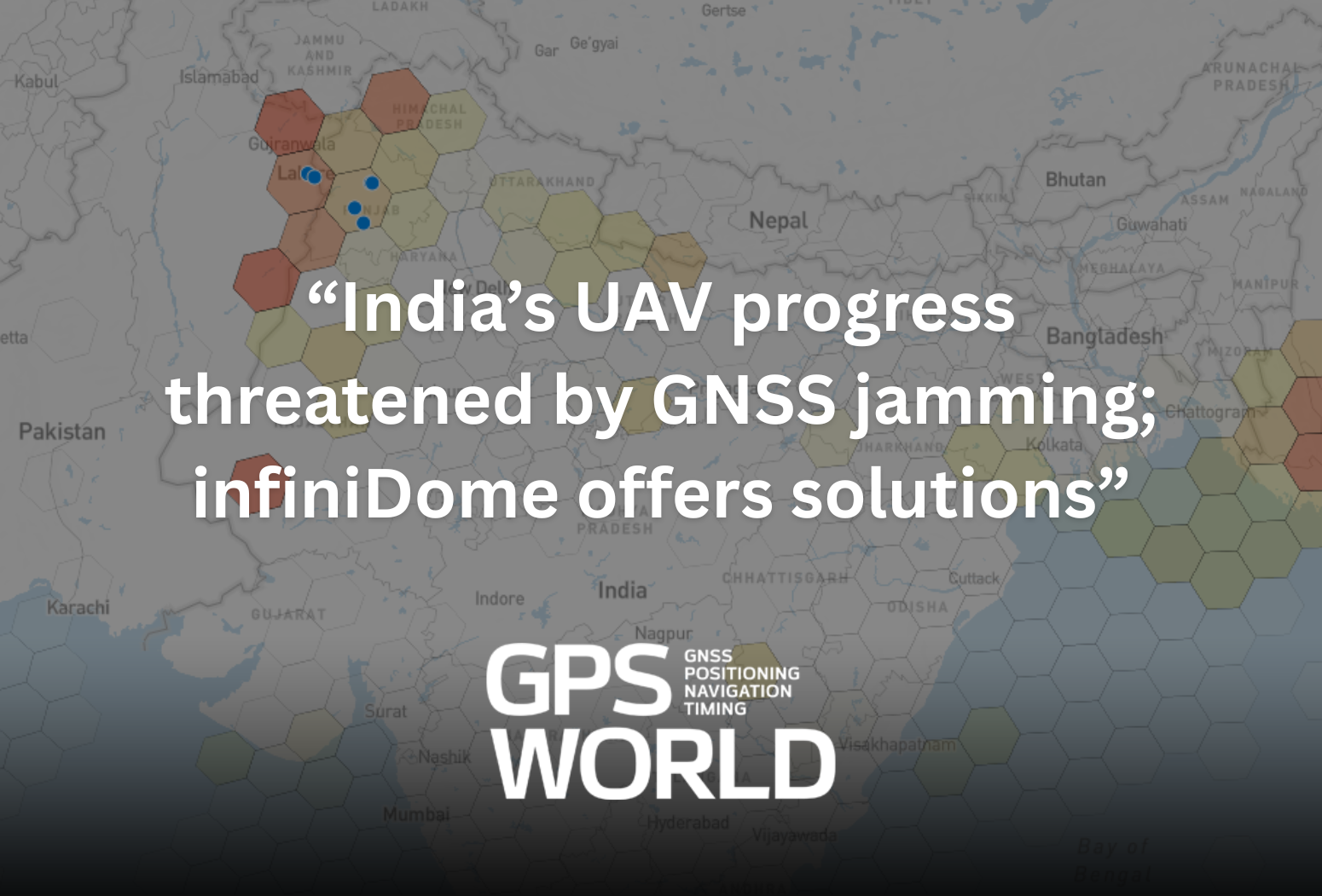In recent years, GPS jamming has emerged as a significant challenge, affecting not just military operations but also civilian navigation and safety.
This section delves into the latest incidents of GPS jamming, exploring its potential sources and the wide-ranging effects. Discover how industries and governments worldwide are responding to mitigate these threats and to ensure their navigation capabilities.
Navigating the GPS Jammed Battlefield in Conflict Zones
Ukraine: Amid the ongoing conflict with Russia, Ukraine has faced numerous GPS jamming incidents aimed at disrupting the Ukrainian military’s navigation capabilities. These jamming attacks have been reported to affect not only military drones but also civilian communication and navigation systems, illustrating the wide-reaching impact of electronic warfare in the region. The use of jamming techniques has been part of broader hybrid warfare tactics, complicating efforts to maintain situational awareness and coordinate defense operations.
Baltic Countries: In the face of escalating tensions in Eastern Europe, the Baltic countries have witnessed a series of sophisticated GPS jamming incidents, attributed to efforts aimed at undermining regional security and NATO’s operational effectiveness. These countries, strategically positioned at the forefront of NATO’s eastern defense line, have become testbeds for electronic warfare tactics, including disruptive GPS interference. Such incidents have not only challenged military exercises and readiness, but also posed risks to civilian aviation and maritime safety. These risks emphasize the urgent need for advanced countermeasures, including international collaboration, in order to maintain the security of critical navigation systems against the invisible threats of modern warfare.
Israel: Since the Oct. 7 attack, GPS jamming has occurred throughout Israel. The Israeli Defense Forces have acknowledged that these incidents were intentional military operations, attempting to thwart drone and unmanned aircraft attacks planned by Hamas and Hezbollah. Such an approach is aimed at countering threats and maintaining the tactical advantage in a region marked by persistent tensions and conflict.
Military Moves: UAVs Changing the Game
In response to the increasing prevalence of GNSS jamming attacks, militaries around the globe are taking proactive provisions to adapt and enhance their abilities to safeguard military operations while maintaining the strategic advantage. This evolving landscape has seen significant developments, including Ukraine’s bolstered defenses through international solidarity. In a remarkable step, NATO Secretary General Jens Stoltenberg announced that Ukraine will receive one million drones from its allies in 2024, highlighting the crucial role of unmanned systems in modern warfare and reconnaissance missions amidst ongoing conflicts.
Similarly, the United Kingdom has taken decisive steps to fortify its armed forces against sophisticated threats. The UK Ministry of Defence has committed to invest five billion GBP in drones, aiming to significantly expand its UAV fleet. This investment is part of a broader strategy designed to enhance the UK’s defense capabilities and ensure operational superiority in an era wherein electronic and GPS jamming tactics have become increasingly common.
The intersection of these developments points to a future where the ability to navigate precisely and resist electronic disruptions will be paramount. Therefore, advancing navigation resilience and anti-jamming technologies has never been more crucial. As nations navigate the complexities of contemporary conflicts and strive for superiority in the digital battlefield, the investment in and enhancement of navigation capabilities will undoubtedly play a pivotal role. The path forward is clear: bolstering our navigation systems is not just a matter of technological advancement, but a strategic imperative that underpins the future of global security and defense strategies.






